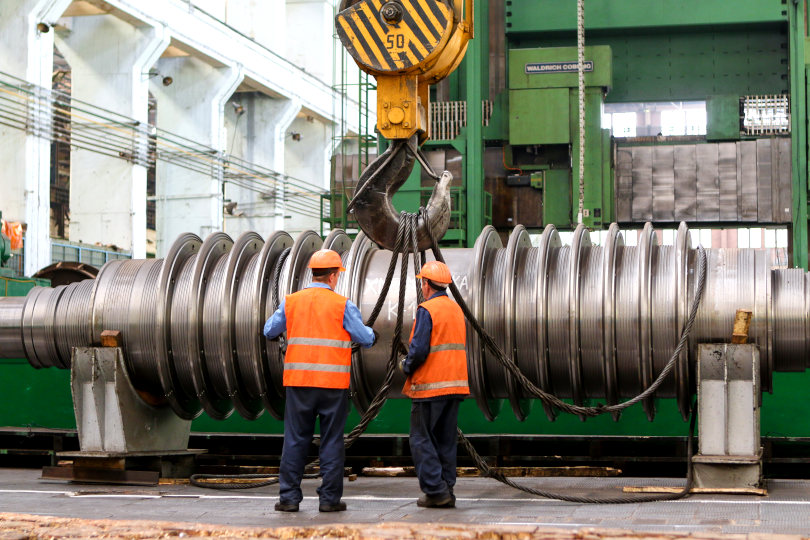Managing assets or facilities and maintaining them in good shape is difficult for many businesses and individuals. Knowing when repairs are due, plumbing needs, carpet maintenance, cleaning, or even managing new constructions is challenging. However, having the right facilities manager on site can help ensure the functionality, safety, comfort, and efficiency of buildings, infrastructure, and general real estate.

What Is Facilities Management?
Facilities management involves the services and tools that support the sustainability, functionality, and safety of buildings, infrastructure, grounds, and real estate. It’s basically facilities maintenance along with services that encompass the maintenance. These include:
- Capital project management (beginning with planning)
- Building maintenance and operations, including painting, cleaning, plumbing, building refurbishment, HVAC maintenance, landscaping, flooring, and carpeting
- Energy and electrical management
- Lease management (including lease accounting and administration)
- Space and occupancy management
- Emergency and risk management (with business continuity)
- Real estate management
- Grounds maintenance and pest control
- Signage and branding
Facilities Management Vs. Property Management
People often confuse facilities management with property management, but they differ widely.
- Property management is related to property ownership, including building safety, accommodation, and functionality.
- Facilities management is focused on services, people, and operations within that property. Facilities managers deal with problems relating to workers and operations.
- Commercial real estate can have both a property manager and a facility manager. The property manager (an employee of the property owner) will focus on the physical property and its functionality. The facility manager (an employee of a tenant in the property) residing organization (tenant) will focus on services that benefit the tenant, such as workspace management, security, and asset maintenance.

Types of Facilities Management
In facilities management, there are two primary areas:
- Soft Facilities Management (Soft FM). This area focuses on people-performed tasks such as custodial services, groundskeeping, lease accounting, security, etc.
- Hard Facilities Management (Hard FM). This area focuses on physical assets/properties and activities such as plumbing, HVACs, wiring, elevators, real estate, grounds maintenance, landscaping, and more.
The Importance of Facilities Management
Humans spend 87% of their daily time in buildings. Where people work, learn, play, and live should be comfortable, safe, productive, and sustainable. Creating this kind of environment necessitates deliberate actions that also maximize efficiency.
Facilities management is the deliberate actions and processes surrounding making facilities and grounds safe, efficient, comfortable, and welcoming. Superior facilities management in businesses can also be crucial to:
- Workplace experience
- Space optimization
- Guiding capital projects
- Lease accounting
- Energy management and maintenance
- Guarantee regulatory compliance

Hire a Facilities Management Company for Proactive maintenance
Managing facilities and maintaining them in good shape is difficult for many businesses and individuals. You’d need to know when a building needs maintenance, landscaping periods, HVAC improvement, and lease administration. This is challenging for individual businesses or persons.
The solution is to hire a facilities management company to make your facilities management proactive. The benefits of proactive facility maintenance (either predictive or preventive) are clear. You’ll get the functionality, safety, comfort, and efficiency of buildings, infrastructure, and general real estate before they show the need.
The facilities management company has the right technology and personnel to provide proactive management. Some companies also use technology to collect maintenance data and achieve predictability, which they use to develop a proactive facilities maintenance plan. This can reduce the number of repairs and improve the general facilities’ outlook.
Using technology, enterprise facilities managers can view all facility service requests from one mobile-friendly platform. This allows them to assign their teams actions and facilities, check management status, manage resources and receive automatic alerts for preventative maintenance. Hiring a facilities manager can make your business, facility, or real estate stand out at less cost compared to having an in-house department.
Endnote
Organizations are increasingly relying on facilities management to sustain their operation. To achieve greater efficiency in operations, organizations need to have an organized, clean, comfortable workplace with provisions of better grounds. Hiring a facilities manager is proving cheaper than having an in-house department.







